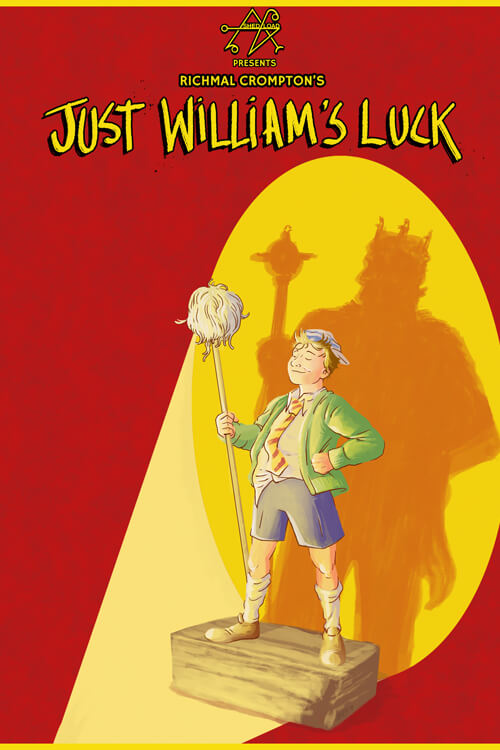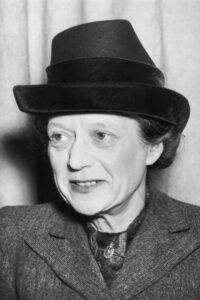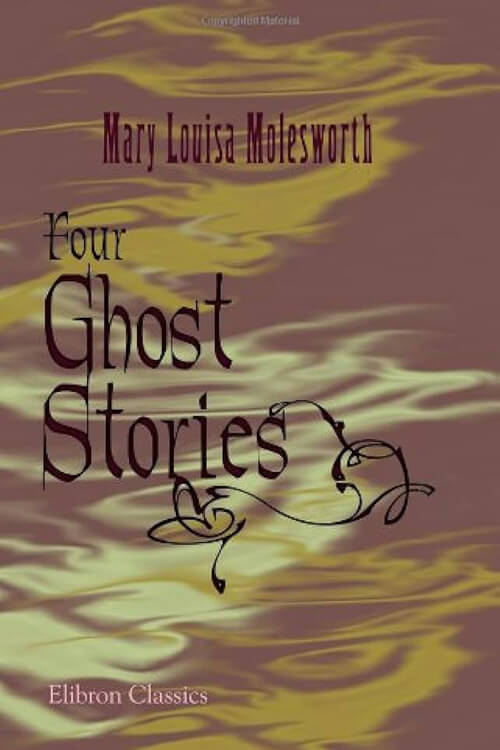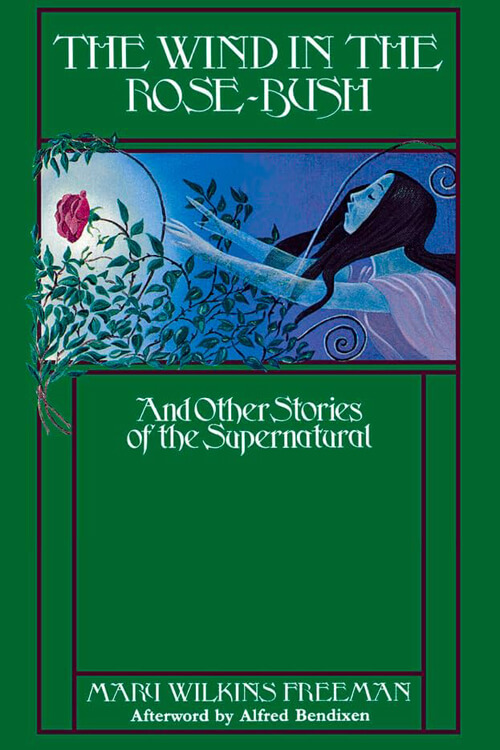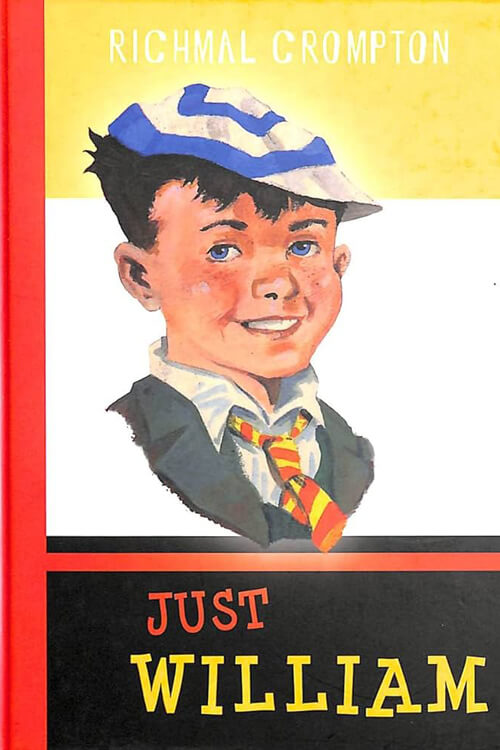
Just William’s Luck
You’re bats, both of you, that’s what you are.”
After an exhilarating scuffle, in which Douglas got William onto the ground and sat on him, then Henry sat on them both, then they all rolled about the floor and sat on each other, they scrambled to their feet, panting and disheveled, with amity fully restored.
“Come on,” said William. “Let’s see what we’ve brought to eat.”
They moved the packing case on which Henry had been sitting and revealed their improvised larder.
Each of the three had left his house before the family breakfast, taking with him such provision as he could lay his hands on, to appease the pangs of early morning hunger. William had purloined from the larder the remains of an apple flan, assuring that amenable organ, his conscience, that it was not large enough to form part of another meal for the whole family and that it was a kindness to his mother to solve the problem of its disposal. Henry had brought half a jar of potted meat (“They’re always sayin’ it goes bad if you don’t use it quick, so we’ll use it quick to stop it goin’ bad”) and Douglas half a loaf (“They were all out to tea yesterday and they’re goin’ out today and it’s wrong to waste bread so I brought it along”). In addition, they had brought some cold potatoes, a handful of oatmeal, some lemonade powder, and a sardine tin, from which the sardines had been removed but which still contained a generous supply of moisture.
“Come on,” said William, eyeing the feast with anticipatory relish. “It looks jolly good. Let’s start with the apple thing and spread the potted meat on it—to give it more of a taste. Then we can mix the potato and lemonade powder and sardine juice. I bet that’ll taste jolly good. It’s a jolly sight better than an ordinary breakfast. We’ll leave the bread to the last.”
They sat down on the floor, and William carefully divided the remnant of apple flan into three, spreading each slice thickly with meat paste. They munched happily and in silence for some moments.
Read or download Book
Richmal Crompton
Richmal Crompton Lamburn (15 November 1890 – 11 January 1969) was a famous English writer best known for her Just William series of books, humorous short stories, and, to a lesser extent, adult fiction books.
Life
Richmal Crompton Lamburn was born in Bury, Lancashire, the second child of the Rev. Edward John Sewell Lamburn, a Classics master at Bury Grammar School, and his wife Clara (née Crompton). Her brother, John Battersby Crompton Lamburn, also became a writer, remembered under the name John Lambourne for his fantasy novel The Kingdom That Was (1931).
Richmal Crompton attended St Elphin’s Boarding School for the daughters of the clergy, initially based in Warrington, Lancashire. She moved with the school to a new location in Darley Dale, near Matlock, Derbyshire, in 1904. To further her chosen career as a schoolteacher, she won a scholarship to Royal Holloway College, part of the University of London in Englefield Green, Surrey. Crompton graduated in 1914 with a BA honours degree in Classics (II class). She took part in the Women’s Suffrage movement.
In 1914, she returned to St Elphin’s as a Classics mistress and later, at age 27, moved to Bromley High School in southeast London, where she began her writing in earnest. Cadogan shows that she was an excellent and committed teacher at both schools. Having contracted poliomyelitis in 1923, she was left without the use of her right leg. She gave up her teaching career and began to write full-time. She never married and had no children; she was an aunt and a great-aunt. Her William stories and her other literature were highly successful, and three years after she retired from teaching, Crompton could afford to have a house (The Glebe) built in Bromley Common for herself and her mother, Clara.
Crompton died in 1969 at the age of 78 after a heart attack in Farnborough Hospital. Crompton left the copyright of all her books to her niece, Mrs Richmal C. L. Ashbee of Chelsfield, Kent, along with £57,623.
Work
Crompton’s best-known books are the William stories, about a mischievous 11-year-old schoolboy and his band of friends, known as “The Outlaws”. Her first short story featuring William was “Rice Mould Pudding”, published in Home Magazine in 1919. (She had written “The Outlaws” in 1917 but was not published until later.) In 1922, the first collection, entitled Just William, was published. She wrote 38 other William books throughout her life. The last, William the Lawless, was published posthumously in 1970.
The William books sold over 12 million copies in the United Kingdom alone. They have been adapted for films, stage plays, and numerous radio and television series. Illustrations by Thomas Henry contributed to their success.
Crompton saw her real work as writing adult fiction. Starting with The Innermost Room (1923), she wrote 41 novels for adults and published nine collections of short stories. Their focus was generally village life in the Home Counties. Though these novels had the same inventiveness and lack of sentimentality as William’s books, after the Second World War, such literature had an increasingly limited appeal.
Even William was created for a grown-up audience, as she saw Just William as a potboiler. She was pleased by its success but seemed frustrated that her other novels and short stories did not receive the same recognition. Her first story was published in The Girl’s Own Paper in 1918, concerning a little boy named Thomas, a forerunner of William who reacts against authority. Crompton tried several times to reformulate William for other audiences. Jimmy (1949) was aimed at younger children, and Enter – Patricia (1927) at girls. Crompton wrote two more Jimmy books but no more Patricia, and neither was as successful as William.

